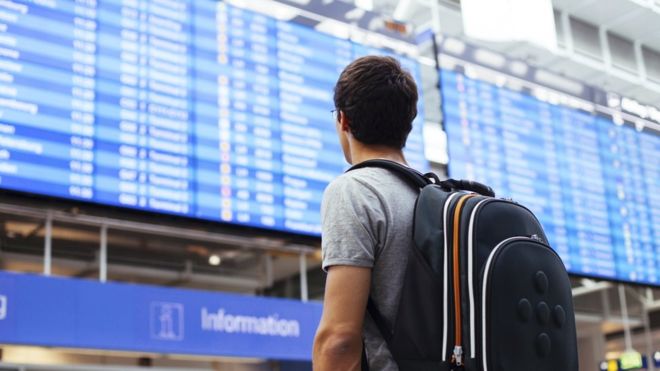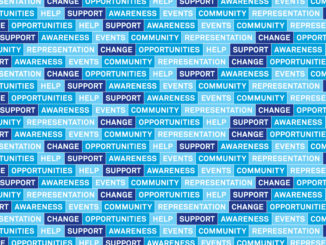
[dropcap]S[/dropcap]tudents who intend on obtaining working visas in Australia next summer are set to face a 19 per cent tax rate on earnings instead of the initially proposed 32.5 per cent.
The controversial ‘’backpacker tax’’ is set to be introduced from January 2017 and has been criticised by many, particularly farmers, who fear that it will lead to a dwindled workforce.
DCU Electronic and Computer Engineering Student Seamus Doherty worked in Perth and Sydney over the summer months and said that the new tax would not have deterred him.
‘’I don’t think 19 per cent would have influenced my decision to go over because it’s always something I wanted to do and the trip wasn’t all about the money. I think if they went ahead with the original 32 per cent I would have maybe had to reconsider because it might not even have been feasible,’ he said.
‘’It probably would have had an effect on the holiday because it is such an expensive country to live in anyway. If the 19 per cent was introduced then you would have had to work a lot more hours to make up on the lost money which would definitely affect the holiday because the work would affect leisure’’
Former UCD Student Thomas Martin who is currently working in Perth feels that the tax will not be too damaging.
“I feel people only work the minimum they need in order to continue travelling, so the tax will just result in a few extra hours. It does disappoint me that the money is now going to government instead of the local businesses because every penny I earn here is spent here.’’
The number of Irish people emigrating to Australia has dropped dramatically in the past couple of years with almost 43 per cent less people applying for working holiday visas in 2015 than in the year before.
For Irish students looking to work abroad, it is believed that the new tax may push them further towards other countries such as Canada where the rate is 15 per cent or New Zealand where it is only 11.5 per cent.
Despite this, Australia will still command a much higher minimum wage offering the equivalent of €12 per hour compared to €7.24 in Canada and €9.77 in New Zealand.
Gavin O’Callaghan
Image Credit: Nick Jones




Leave a Reply